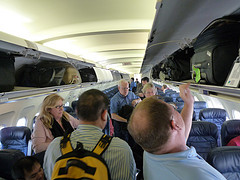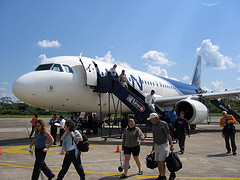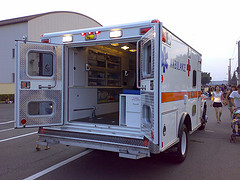 Many women travel just fine while they are pregnant, but it’s important to note that travel insurance plans do not provide trip cancellation coverage just because you are pregnant. In fact, pregnancy is generally excluded from all travel insurance coverage, which means they will not cover any loss due to pregnancy or complications of pregnancy.
Many women travel just fine while they are pregnant, but it’s important to note that travel insurance plans do not provide trip cancellation coverage just because you are pregnant. In fact, pregnancy is generally excluded from all travel insurance coverage, which means they will not cover any loss due to pregnancy or complications of pregnancy.
Alternatively, Travel Insured International extends some aspects of cancellation coverage for a traveler’s, or traveler’s companion’s, pregnancy as long as the pregnancy occurred after the policy was purchased.
‘Cancel for any reason’ as your backup plan
If you are planning to get pregnant and are worried that you might not be able to travel because of a pregnancy, then consider ‘cancel for any reason’ coverage which will allow you to cancel your trip and get up to 100% of your money back if you, in essence, change your mind about the trip and decide not to go.
‘Cancel for any reason’ coverage will protect your trip investment, so if you become pregnant and decide to forgo your trip, you can get some or all of your money back.
Call with questions
As always, if you have any questions about your travel insurance policy, use the review period and contact the travel insurance company with questions. You can cancel your travel insurance policy during the review period if you find out it won’t provide the coverage you need. See the 24/7 assistance services numbers.









